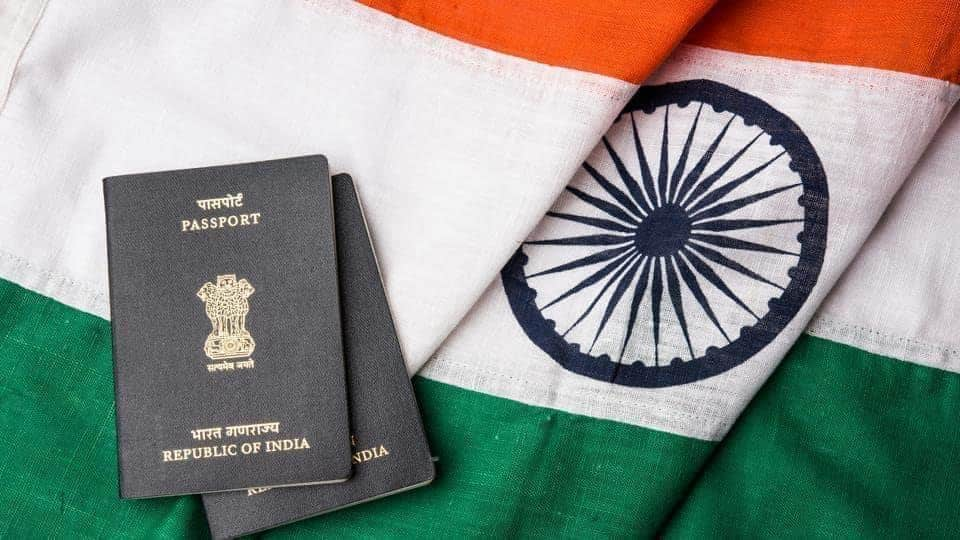prasad1
Active member
Overseas Citizens of India (OCIs) are being slowly allowed to return to their country of origin. Following the pandemic-induced entry ban placed on OCI holders, there should be some introspection on the future of OCIs. “Overseas citizen” was always a misnomer as a holder did not have a status anything close to citizenship. They did not carry Indian passports, had no political rights, and faced restrictions such as being disallowed to buy agricultural land. The fate of OCI holders has made it clear that this is just a long-term visa with minor economic benefits grafted on, a travelling convenience, but not much more.
The OCI regime needs to be reformed so that it fulfils the promise of its name. Many of the economic restrictions on an OCI holder make little sense in an age when India is chasing foreign capital and investment. Holders should have the same financial and commercial freedoms enjoyed by an Indian citizen. More ambitiously, a pathway should be laid out with the idea of making OCI the basis for genuine dual citizenship. Given the size of the Indian diaspora, their economic and technological contribution, and the government’s embrace of ethnic nationalism, this should be a natural policy progression.
The Citizenship (Amendment) Act has normalised the principle of prioritised immigration. Dual citizenship can be initially negotiated with certain countries and weighted in favour of those with educational or economic qualifications. Over time, as India becomes more comfortable with the idea, it should be expanded and treated as a natural component. The OCI system is at the crossroads. It needs to either change its name to fit its present status as a glorified visa or become a precursor to a passport bridge between India and its friends.

 www.hindustantimes.com
www.hindustantimes.com
The OCI regime needs to be reformed so that it fulfils the promise of its name. Many of the economic restrictions on an OCI holder make little sense in an age when India is chasing foreign capital and investment. Holders should have the same financial and commercial freedoms enjoyed by an Indian citizen. More ambitiously, a pathway should be laid out with the idea of making OCI the basis for genuine dual citizenship. Given the size of the Indian diaspora, their economic and technological contribution, and the government’s embrace of ethnic nationalism, this should be a natural policy progression.
The Citizenship (Amendment) Act has normalised the principle of prioritised immigration. Dual citizenship can be initially negotiated with certain countries and weighted in favour of those with educational or economic qualifications. Over time, as India becomes more comfortable with the idea, it should be expanded and treated as a natural component. The OCI system is at the crossroads. It needs to either change its name to fit its present status as a glorified visa or become a precursor to a passport bridge between India and its friends.

Make the OCI regime more liberal
This is a good moment to overhaul the OCI regime. Giving them more rights will help
